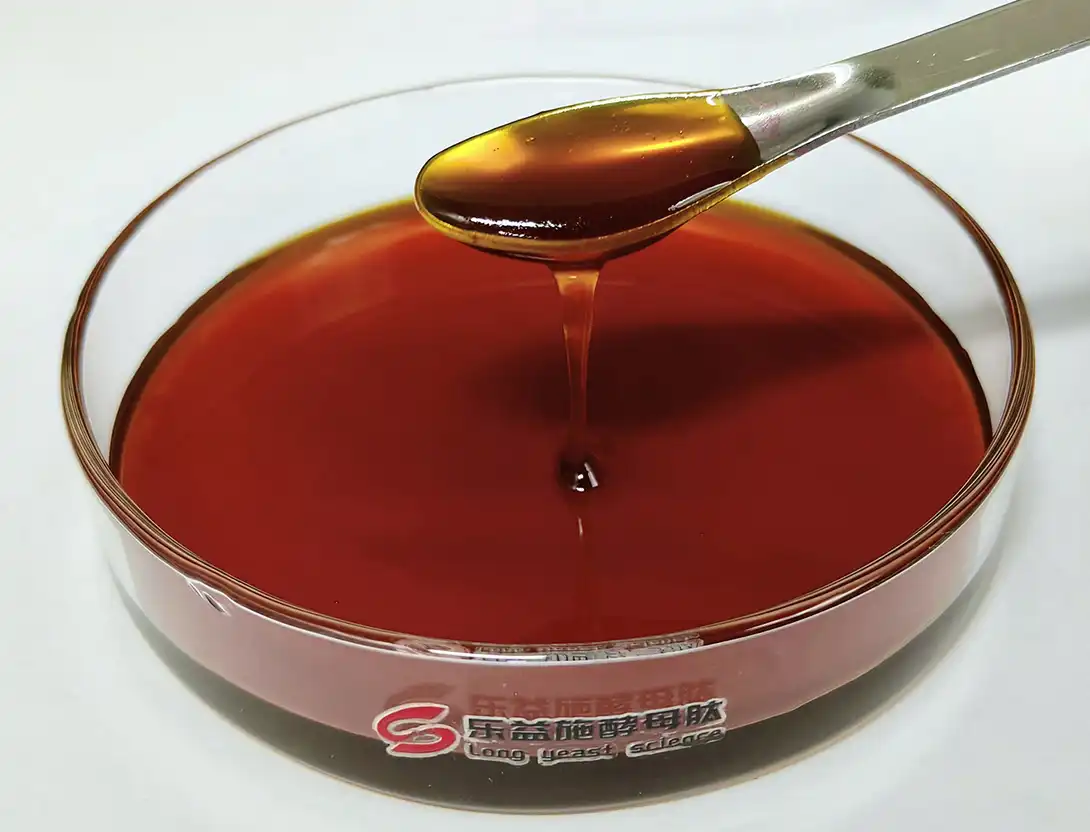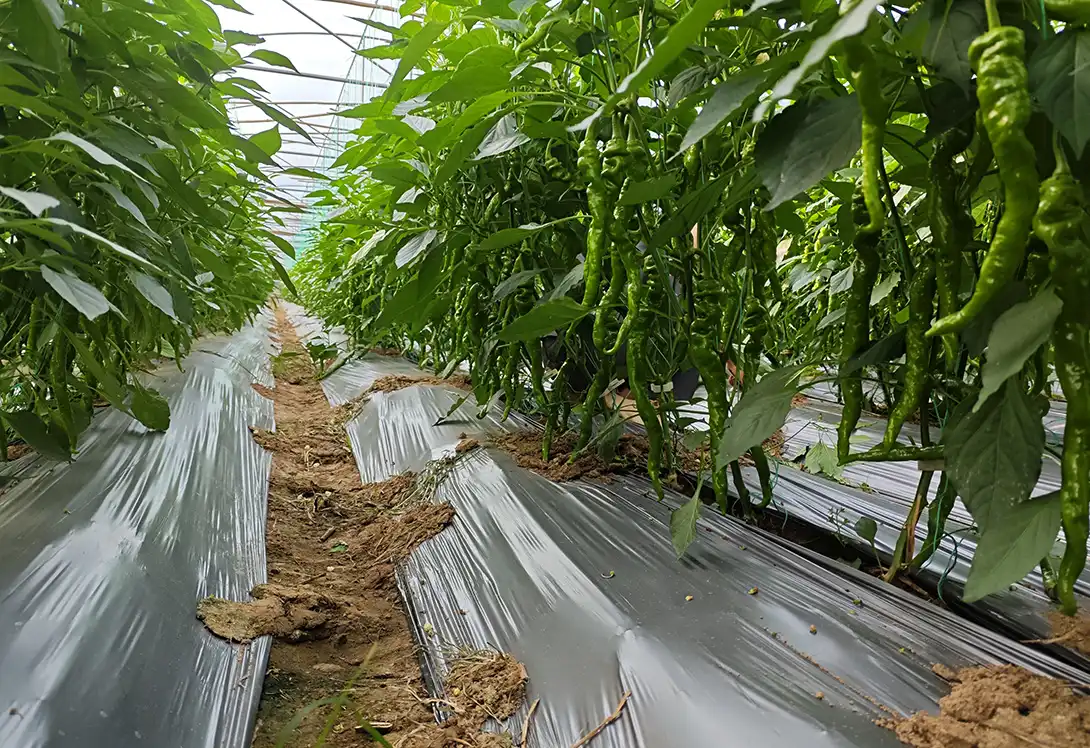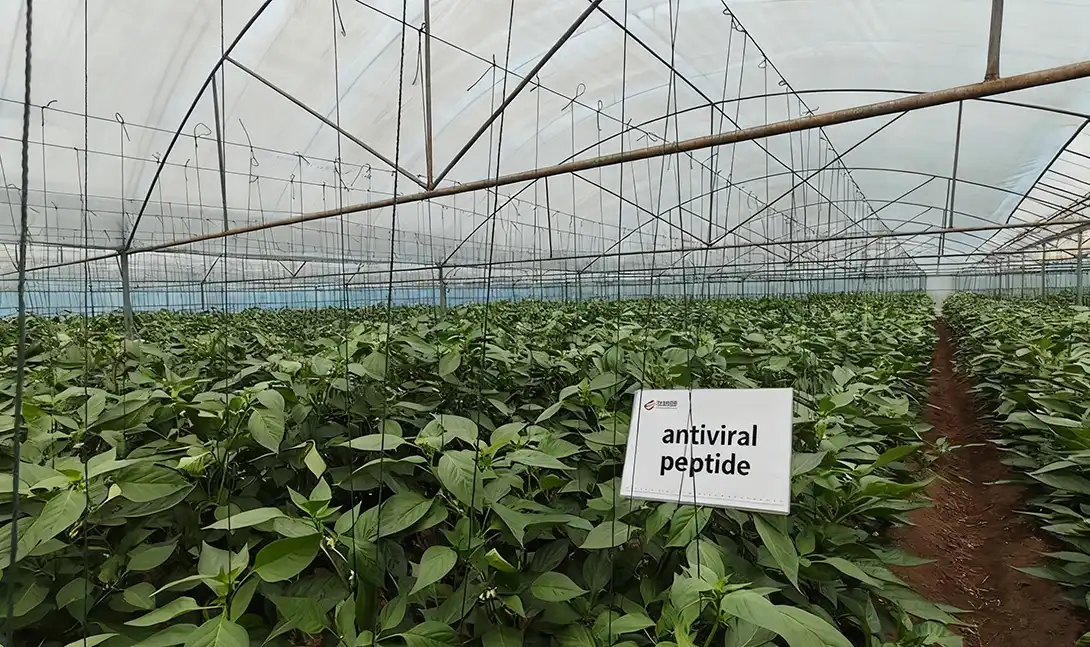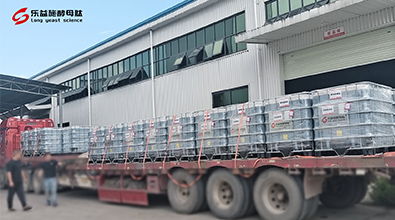Are peptide-based antiviral products safe for the environment?
In recent years, peptide-based antiviral products have garnered considerable attention as eco-friendly alternatives to conventional pesticides. Derived from naturally occurring plant peptides, these innovative solutions offer promising advantages for crop protection while also raising critical questions regarding their environmental implications. This comprehensive analysis explores the safety profile of peptide-based antiviral products and their potential environmental impacts.
In short, these peptide-based formulations are generally regarded as more environmentally benign than many traditional chemical pesticides. Their natural origin, high specificity of action, and inherent biodegradability collectively minimize environmental footprint. However, as with any agricultural input, responsible application and continued research are essential to fully understand and mitigate potential ecological risks. Below is a deeper dive into the key attributes that position peptide-based antiviral products as a compelling choice for environmentally sustainable crop protection strategies.

Do plant peptides biodegrade faster than conventional pesticides?
One of the essential natural preferences of peptide-based antiviral products is their improved biodegradability compared to numerous engineered pesticides. This characteristic essentially decreases the chance of long-term natural defilement and accumulation in ecosystems.
Rapid Breakdown in the Environment
Plant peptides— the foundation of these antiviral products— are naturally occurring compounds that have co-evolved alongside environmental degradation processes. Consequently, they tend to break down more rapidly and efficiently in soil and aquatic systems, and this swift degradation minimizes the likelihood of these compounds persisting in the environment or adversely affecting non-target organisms.
Microbial Degradation
Soil microorganisms play a pivotal role in the breakdown of peptide-based products. Endowed with the capacity to metabolize peptides—compounds they naturally recognize as biological substrates—these microbes drive not only the rapid degradation of antiviral formulations but also enhance overall soil health by fostering robust microbial activity.
Reduced Environmental Accumulation
The accelerated biodegradation rate of peptide-based antivirals translates to a reduced risk of environmental bioaccumulation. Unlike certain persistent conventional pesticides that can linger in the environment for extended periods, these formulations are far less prone to accumulating in soil, aquatic bodies, or food chains. This trait is particularly critical for safeguarding ecological balance and protecting sensitive ecosystems.
Temperature and pH Influences
It is noteworthy that the biodegradation rate of peptide-based antiviral products can vary depending on environmental conditions such as temperature and pH. Generally, warmer temperatures and neutral to slightly alkaline pH levels facilitate more rapid breakdown. Understanding these variables enables the optimization of application strategies to maximize efficacy while minimizing environmental impact.

Non-target effects and ecotoxicology considerations
While peptide-based antiviral products offer numerous environmental benefits, it is crucial to consider their potential impacts on non-target organisms and the overall health of ecosystems. Rigorous ecotoxicological assessments are indispensable to ensure these formulations do not inadvertently harm beneficial insects, aquatic organisms, or other critical components of the ecological community.
Specificity and Reduced Impact on Beneficial Organisms
Peptide-based antiviral products typically exhibit greater specificity compared to broad-spectrum chemical pesticides. This trait means they are more apt to target plant pathogens while exerting minimal effects on beneficial insects, pollinators, and other non-target organisms. However, ongoing research remains essential to fully elucidate the scope of impacts these formulations may have across diverse species.
Aquatic Toxicity Considerations
The potential impact of peptide-based antivirals on aquatic ecosystems is a critical area of consideration. While these formulations generally exhibit lower toxicity to aquatic organisms compared to many conventional pesticides, it remains essential to assess their effects across a range of aquatic species—including fish, amphibians, and invertebrates. Proper application practices and the establishment of buffer zones adjacent to water bodies can help mitigate potential risks.
Soil Microbiome Effects
The interaction between peptide-based products and soil microorganisms is inherently complex. While these formulations can act as a nutrient source for certain microbes—potentially enhancing soil health—it remains important to monitor shifts in microbial community composition. Long-term investigations are required to fully decipher their impacts on soil ecosystem functions and nutrient cycling processes.
Potential for Resistance Development
As with any crop protection strategy, there is a potential for pathogens to develop resistance to peptide-based antiviral products over time. Monitoring for resistance and implementing integrated pest management (IPM) strategies can help preserve the long-term efficacy of these formulations while minimizing environmental impact.

Best practices to minimize environmental footprint
To maximize the environmental benefits of peptide-based antiviral products while minimizing potential risks, it is essential to adopt best practices in their application and utilization. Such strategies can help ensure that these innovative crop protection tools contribute to sustainable agriculture without compromising ecosystem integrity.
Precision Application Techniques
Harnessing precision agriculture technologies can significantly mitigate the environmental footprint of peptide-based antivirals. GPS-guided sprayers, drone applications, and other advanced techniques enable targeted delivery, minimizing drift and reducing the volume of product required. This precision not only enhances efficacy but also curtails the potential for unintended environmental exposure.
Integrated Pest Management (IPM) Approach
Integrating peptide-based antiviral products into a comprehensive integrated pest management (IPM) strategy is pivotal. This holistic approach combines diverse pest control methods—including biological controls, cultural controls, and the judicious use of pesticides. By incorporating these peptide-based formulations as part of a broader management plan, farmers can reduce overall pesticide usage and uphold an integrated approach to safeguarding environmental sustainability.
Timing and Frequency of Application
Optimizing the timing and frequency of peptide-based antiviral applications is key to minimizing environmental impact. Gaining a thorough understanding of the target pathogens’ life cycles and administering these formulations during critical windows can enhance efficacy while reducing the total volume of product deployed. This targeted approach helps preclude unnecessary environmental exposure and safeguards non-target organisms.
Buffer Zones and Drift Reduction
Establishing adequate buffer zones around sensitive areas—such as water bodies, natural habitats, and non-target crops—is essential. Additionally, implementing drift reduction technologies and practices—including the use of appropriate nozzles and accounting for weather conditions during application—can significantly minimize the off-target movement of peptide-based formulations.
Monitoring and Adaptive Management
Regular monitoring of crop health, pest populations, and environmental indicators is critical when using any crop protection product—including peptide-based antivirals. This ongoing assessment enables adaptive management strategies, ensuring that product usage is optimized for both productivity and environmental safety. Collaborating with agricultural extension services and research institutions can provide valuable insights and support throughout this process.
Proper Storage and Disposal
Ensuring proper storage and disposal of peptide-based antiviral products is fundamental to preventing unintended environmental contamination. Adhering to manufacturer guidelines for storage conditions and implementing safe disposal practices—such as triple-rinsing containers and participating in recycling programs—can significantly mitigate the risk of environmental exposure.
Conclusion
Peptide-based antiviral products represent a promising pathway to more eco-friendly crop protection. Their superior biodegradability, high specificity, and reduced environmental footprint make them an attractive choice for sustainable agriculture. However, like any agricultural input, responsible use, ongoing research, and adherence to best practices are essential to fully unlock their benefits while safeguarding environmental health.
For agrochemical manufacturers, specialty fertilizer producers, and large-scale farming operations seeking innovative, sustainable crop protection solutions, these peptide-based formulations offer significant opportunities. They not only address the growing demand for eco-friendly agricultural inputs but also deliver enhanced efficacy and lower environmental risk compared to conventional pesticides.
At Shenzhen LYS Biotech, we are at the forefront of developing cutting-edge, eco-friendly crop protection technologies. Our team of experts is dedicated to creating peptide-based products that meet the highest standards of efficacy and environmental safety. Whether you aim to expand your product line, boost crop resilience, or transition to more sustainable farming practices, we invite you to explore the potential of our innovative peptide-based antivirals.
FAQs
Q1: How do peptide-based antiviral products compare to organic pesticides in terms of environmental safety?
A: Peptide-based antiviral products often share similar environmental benefits with organic pesticides, such as enhanced biodegradability and reduced toxicity. However, they may offer greater specificity and efficacy against certain plant pathogens. Both options generally have a lower environmental impact compared to conventional synthetic pesticides, but the exact comparison depends on the specific products and their formulations.
Q2: Can peptide-based antiviral products be used in organic farming?
A: The use of peptide-based antiviral products in organic farming depends on their specific formulation and compliance with organic certification standards. Some peptide-based products derived entirely from natural sources may be eligible for use in organic systems. However, it's essential to check with relevant organic certification bodies and review product certifications before use in organic farming operations.
Q3: Are there any potential long-term environmental risks associated with the widespread use of peptide-based antiviral products?
A: While peptide-based antiviral products are generally considered environmentally friendly, long-term studies on their widespread use are still ongoing. Potential areas of concern include the development of pathogen resistance, impacts on soil microbial communities, and cumulative effects on non-target organisms. Continued research and monitoring are crucial to fully understand and mitigate any potential long-term risks.
Innovative Peptide-Based Antiviral Solutions for Sustainable Agriculture | LYS
Looking for cutting-edge, environmentally friendly crop protection solutions? Shenzhen LYS Biotech offers innovative peptide-based antiviral products designed to enhance crop resilience while minimizing environmental impact. Our expert team combines years of experience in yeast enzyme technology with advanced research to deliver high-quality, sustainable agricultural inputs. Whether you're an agrochemical manufacturer seeking to expand your product line or a large-scale farming operation aiming to improve crop yield and quality, our peptide-based solutions can meet your needs. Contact us at alice@aminoacidfertilizer.com to discover how our products can revolutionize your approach to crop protection and contribute to a more sustainable agricultural future.
Further reading:
1. The environmental friendliness of peptide-based antiviral products is a major characteristic that distinguishes them from traditional chemical pesticides. For more comparisons, please see "What makes the LYS antiviral peptide different from chemical pesticides?"
2. To understand its safety, it is first necessary to know what plant antiviral peptides are. For a basic introduction, please read "What is an antiviral peptide for plants?".
3. In addition to directly fighting viruses, peptides, as biostimulants, can also indirectly control diseases by enhancing plant health, such as in combating citrus greening disease. See the case study in "Peptide biostimulant for citrus greening resistance".
References
1. Zhang, L., & Sun, X. (2021). Peptide-based antiviral agents: Promising alternatives for sustainable crop protection. Journal of Agricultural and Environmental Ethics, 34(2), 1-18.
2. Hernández-García, E., & García-Olmedo, F. (2020). Plant antimicrobial peptides as potential tools for sustainable agriculture. Frontiers in Plant Science, 11, 565.
3. Wang, G., et al. (2019). Environmental fate and ecotoxicological effects of novel peptide-based biopesticides. Environmental Science & Technology, 53(12), 6834-6843.
4. Campos, M. L., et al. (2018). Peptide-based crop protection: A promising approach for sustainable agriculture. Trends in Plant Science, 23(12), 1002-1014.
5. López-García, B., et al. (2022). Biodegradation and environmental impact of peptide-based antiviral compounds in agricultural soils. Environmental Pollution, 292, 118374.
6. Chen, Y., et al. (2023). Comparative analysis of environmental safety profiles: Peptide-based antivirals versus conventional pesticides. Journal of Environmental Management, 315, 116271.

Tell us your needs — we’ll provide the right solution for your crops and markets.

Innovating Agriculture with Yeast-Derived Amino Acid Peptides


